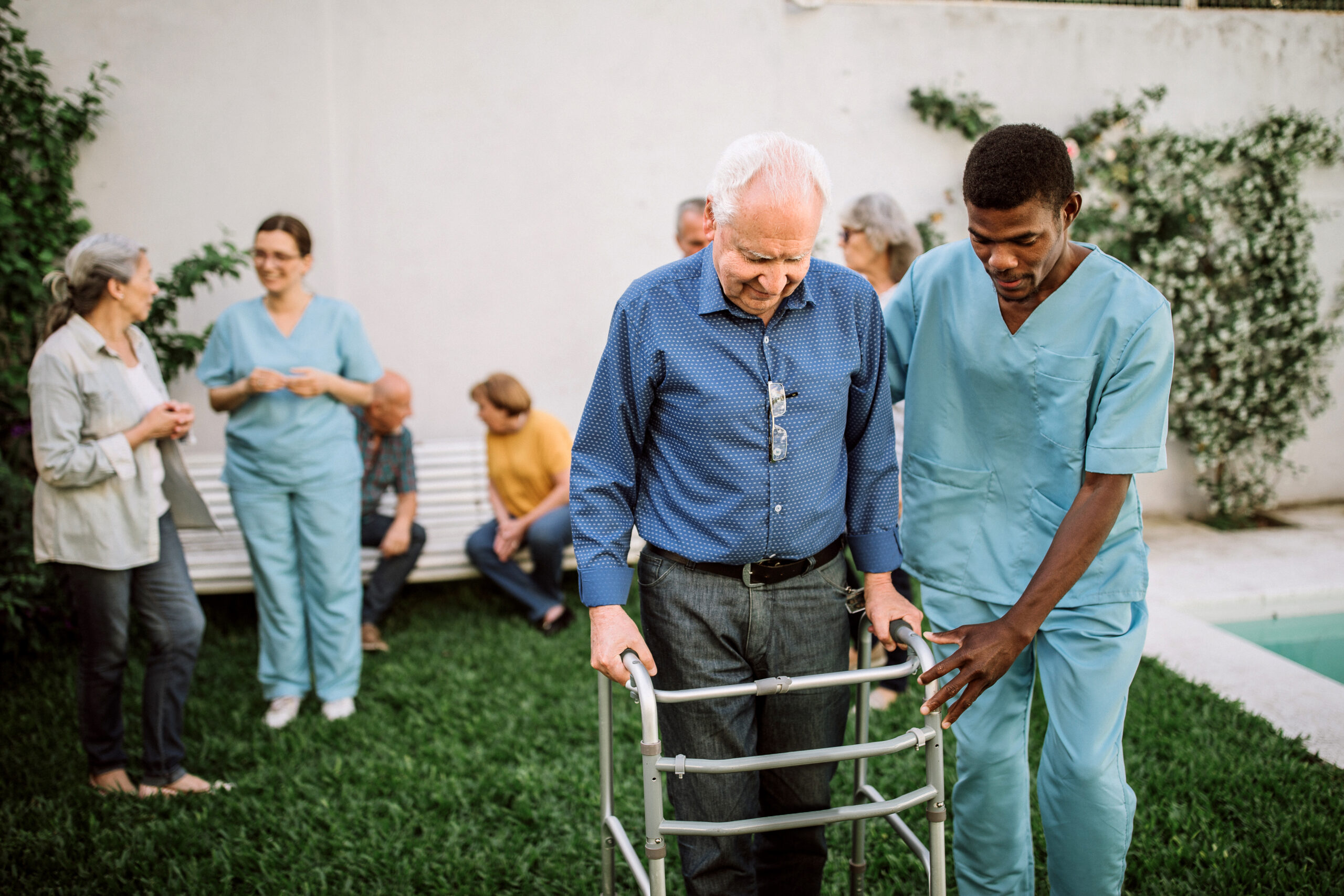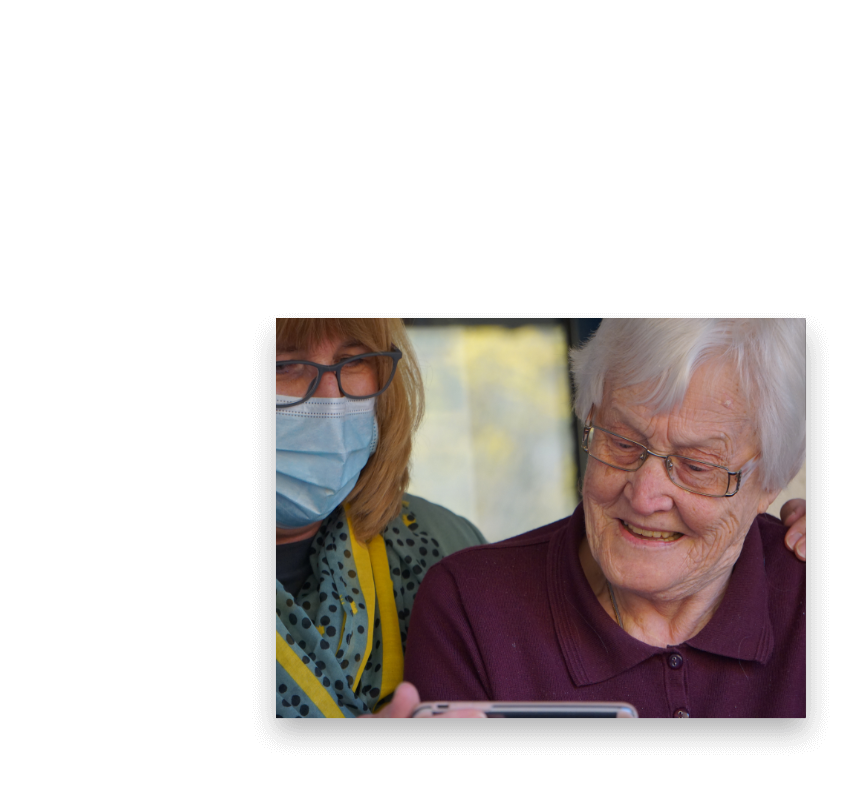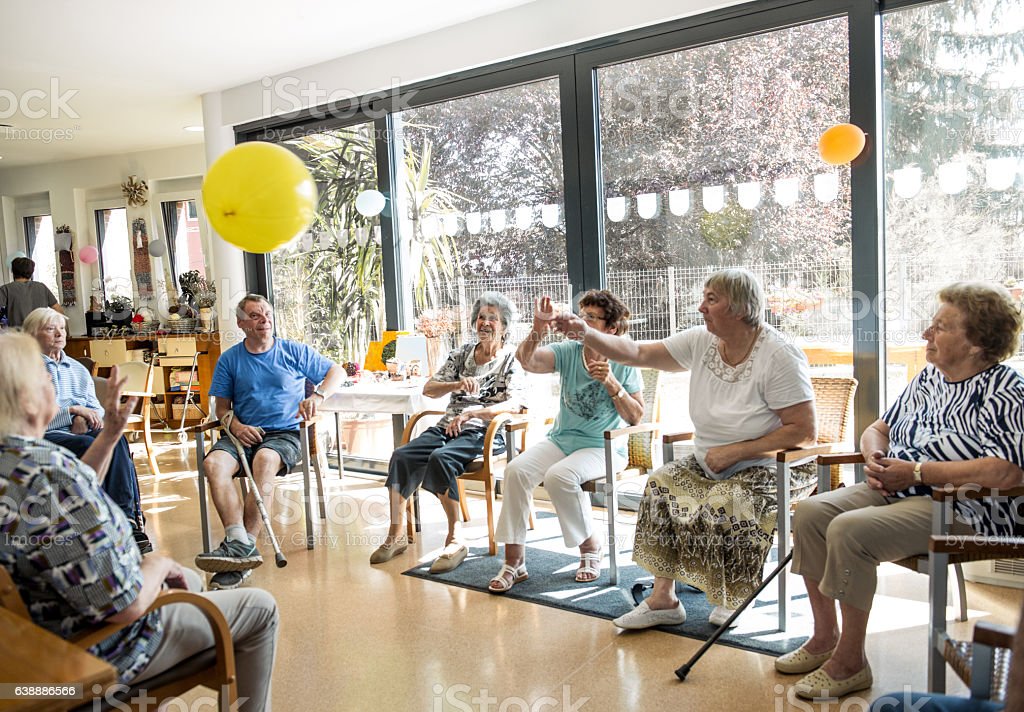
There are many options to help your aging parents. There are several options for care, including adult day programs (nursing homes), in-home, home and hospice. We'll be discussing each option in this article. Ultimately, your choice will depend on your budget, family situation and preferred level of care. No matter what you choose, you'll get the highest quality care for your loved-one.
In-home care
In-home care costs for seniors can vary widely. The cost of in-home care for the elderly may be covered by benefits such as Veteran Administration benefits, Medicaid, and health insurance. Private citizens can also contribute. Fundraisers are also a good way to raise the funds needed. However, there are some things to keep in mind when comparing in-home care costs to nursing home care. It is important that you compare costs before you make a decision about which service to use.
The first step in choosing an in-home care provider is to evaluate the care needs of your elderly loved one. First, determine if they require skilled care or not. A free home assessment may be provided by an elderly care agency. This is a great opportunity to find out what kind of care you require and what services may be available.

Nursing homes
If you're considering nursing home care for your loved one, it's important to know what to look for. First, make sure that the facility meets all safety and regulatory requirements. This includes a sprinkler system and fire-resistant doors. You should also have policies regarding personal property storage and procedures for medical emergencies. A waiting period for admission should be established and a clear fee structure. The fee structure should clearly indicate the levels of service provided and if additional services are offered.
Another option for those who need help with daily activities, but who don't want to go into a nursing home is the Home Care Assistance Program. HCAP is not able to provide 24-hour nursing care but does provide room, board, medical care and case management. This option is usually covered by Medicaid, Supplemental security income, and home relief programs.
Adult day programs
Adult day programs for the elderly offer a range of services for seniors who need supervision, assistance, and socialization. Many offer cognitive stimulation and memory training. These centers are great for caregivers as they can give them a break from caring duties. They also delay placement in nursing homes. The majority of centers work seven to ten hours a day, with some offering evening and weekend hours. Some offer transportation and meals.
Adult day care centers are professionally-trained, community-based programs that focus on enriching the lives of older adults. Their activities provide a social atmosphere for the participants and help caregivers recharge after a long day. Adult day care centers employ health care professionals to provide occupational and physical therapy for the elderly and health support. Caregivers should always consult with a physician before enrolling a loved-one in an adult daycare facility.

Hospice care
It can be difficult to ask questions for medical professionals but it is important part of hospice care. It will ensure that senior citizens receive the best possible care at the end of their life. Ask about the number, availability, and duration of the care.
One study found that nurses who have personal experience with elderly relatives were more likely to be receptive to hospice care. Although these findings are alarming, they are not unexpected. Caregivers close to the elderly might have a different perspective. Also, those who have been through death are more likely to be positive about hospice care. Positive attitudes were also more common among hospice trained nurses.